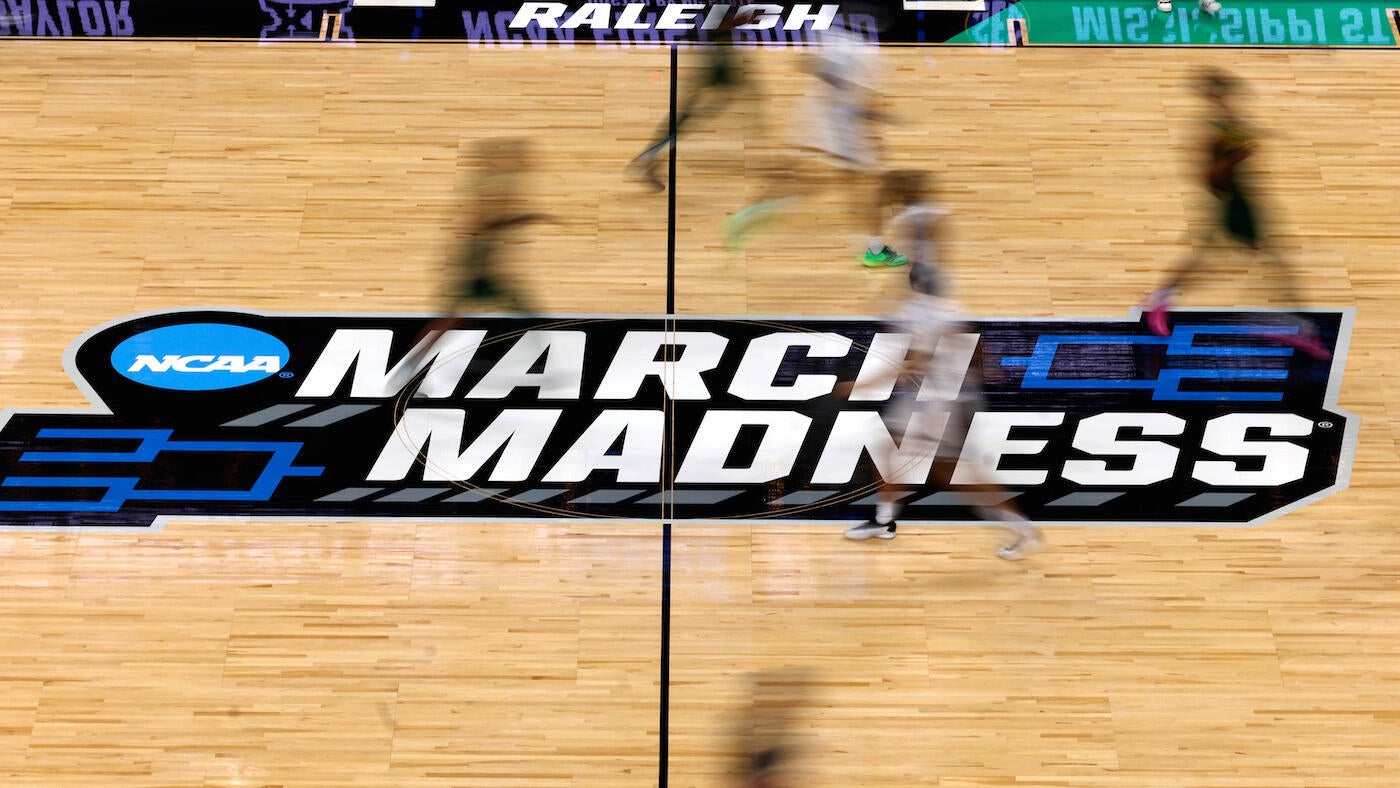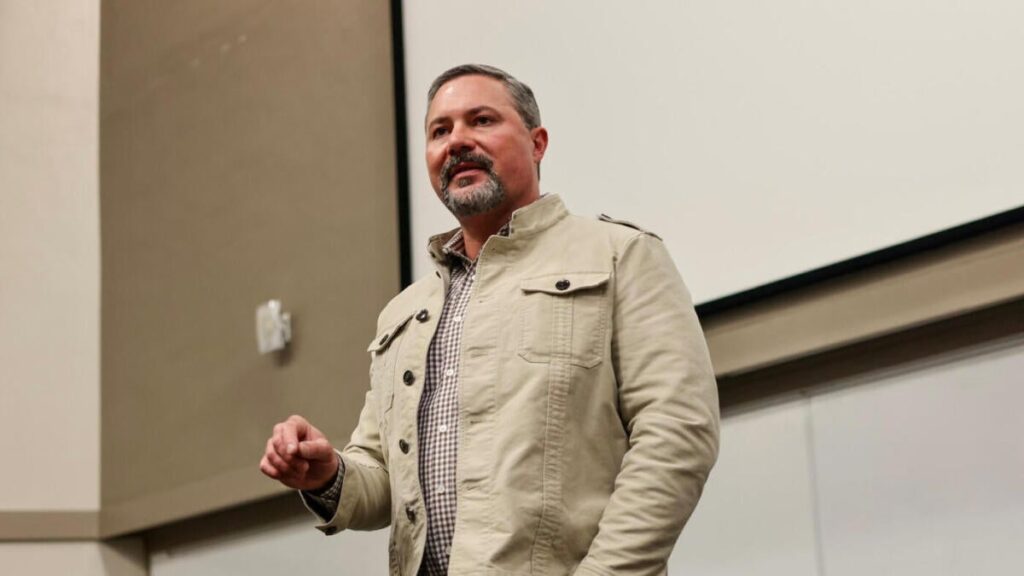Dramatic changes in college sports have drawn the attention of the White House, and two prominent men from the world of college football are set to co-chair President Donald Trump’s commission on college athletics—an effort to get the train back on the tracks amid mounting issues in the collegiate model.
It’s too early to know how former Alabama coach Nick Saban and Texas billionaire businessman Cody Campbell will co-lead the commission and who will be on it. As Texas Senator Ted Cruz’s NIL legislative effort launched in 2023 languishes and administrators still await the House settlement’s final approval, patience has long run thin for substantive change in college athletics. One power conference official told CBS Sports they didn’t need any more college sports insiders in a group like this; rather, they wished for outsiders who can bring fresh ideas and aren’t lifers.
“We don’t need a committee to tell us what’s wrong with college sports, we know that,” the official said. “We need this group to cut through bureaucracy and actually get stuff done.”
Saban and Campbell have shared their positions on several pertinent issues recently, including NIL, the transfer portal, conference realignment, multimedia deals and how they would improve an unwieldy collegiate athletics system.
Both also have relationships with the Trump administration. Saban, who won six national titles at Alabama and retired after the 2023 season, bent Trump’s ear last week to discuss college sports legislation during a graduation ceremony at the University of Alabama. Campbell, the chairman of Texas Tech Board of Regents, hosted Vice President JD Vance at a Fort Worth Luncheon in September during the run-up to the presidential election. He’s connected in the state’s Republican politics and is an appointee of Texas Governor Greg Abbott to the Texas Tech Board of Regents. Campbell has made multiple six-figure donations to Abbott, Texas Lieutenant Governor Dan Patrick and the Republican national committee.
A former Texas Tech football player who’s made a killing in the energy industry, Campbell has been heavily involved in the NIL space since 2022, when he founded The Matador Club, Tech’s NIL collective. Fueled by the deep pockets of its supporters, the collective helped secure the nation’s No. 2 transfer portal class this spring. Tech’s spend in the December portal alone was close to $10 million, according to sources, and that’s before a spring haul that included Stanford edge David Bailey, who sources say signed for over $2.5 million.
“We should be the most talented team in the Big 12 this year,” Campbell told CBS Sports’ Dennis Dodd two months ago.
Armed with ambition, resources and Patrick Mahomes, Texas Tech forges ahead well-equipped to thrive in new era
Dennis Dodd
Portal gold mine aside, Campbell has remained critical of the business of college sports, penning multiple columns for The Federalist regarding the dangers of conference realignment weakening college sports, and NIL’s adverse effects on Olympic sports and the transfer portal.
“If we completely professionalize college sports, further extract and further concentrate the excess revenue provided by football and men’s basketball, college athletics will disappear for the majority of the Americans who have enjoyed and benefited from it for generations,” Campbell wrote on April 14.
Campbell and Saban have mostly echoed the concerns of conference commissioners and NCAA leadership, while drawing allies in Congress like Cruz, who is reportedly drafting a bill on reforming college sports. Campbell and Saban, however, have also criticized the NCAA.
Let’s look at where Campbell and Saban stand on the pertinent issues in college sports, and how their past might shape their future as co-chairmen of the presidential commission on college sports.
Universal NIL regulations and antitrust protection
Campbell and Saban have been critical of the slow march toward the professionalization of college athletics as players in football and basketball sign multi-million-dollar deals and smaller programs struggle to keep up in the NIL era.
Saban has appeared in Washington, D.C., multiple times to speak to legislators. In May 2024, he appeared alongside Cruz on Capitol Hill to address a committee on the effects of NIL and free agency in college athletics.
“It’s whoever wants to pay the most money, raise the most money, buy the most players is going to have the best opportunity to win,” Saban said at the hearing. “I don’t think that’s the spirit of college athletics.”
The $10 million club: College basketball’s portal recruiting hits unthinkable levels of financial chaos
Matt Norlander

Collegiate leaders have descended on Capitol Hill several times to lobby for legislation to protect the collegiate enterprise from litigation tied to NIL and revenue-sharing. The NCAA spent $450,000 in the first quarter of 2025 to lobby the Republican-controlled Congress, according to Front Office Sports.
Like many NCAA and conference leaders, Campbell has called for antitrust protection from Congress. “There must be a single set of rules and laws to govern college sports across the country – not a patchwork of 34 different state laws, as we have today,” he wrote, in reference to NIL laws, in a column published in April.
The NCAA has lost or settled multiple lawsuits involving student-athletes’ money-earning rights since 2020. The NCAA and five power conferences are also close to settling a $2.8 billion antitrust lawsuit that will also allow schools to share up to $20.5 million in revenue annually with players.
Concerns about financial inequality further dividing college athletics has also been at the forefront of lobbying efforts.
“My only hope is that leadership can emerge and consensus can be found in Washington before it’s too late,” Campbell wrote in April. “There are solutions, and the problems can be solved in a bipartisan manner. It is only a matter of will, engagement, and attention from well-intentioned individuals who wish to perpetuate the legacy and impact of the great American institution of Intercollegiate Athletics for all of its participants – not just for a privileged few.”
A new approach for conferences and media rights
Interestingly, nearly one month before Cruz voiced concerns about college football’s lack of antitrust protection in the Sports Broadcasting Act of 1961, Campbell penned a column on the subject’s effect on college football.
Campbell believes college football’s inclusion in the Sports Broadcasting Act could pave the way for multiple conferences to pool their media rights to sell to TV partners, which would “install a media revenue distribution system that would significantly increase total revenue and would promote parity.” He also believes a group deal could reset conferences, allowing for more alignment that make “geographic sense.”
“Because the conferences must compete with each other for media deals, they are incentivized to organize into leagues that span multiple time zones, and cover the full width of the continent,” Campbell wrote. “This has resulted in the loss of traditional rivalries and has ballooned travel expenses and time away from the classroom, especially for the non-revenue sports.”
Cruz criticized the NFL for bending the SBA’s guidelines by encroaching on high school and college football with the recent scheduling of NFL games on Black Friday, a day that has historically been tied to college football. The SBA does not allow the NFL to broadcast games on Friday night or Saturdays from the second weekend in September through the second weekend in December. The NFL recently began scheduling games on Fridays and Saturdays outside those windows, when high school and college football games are still being played late in the season.
“The NFL has tiptoed up to this rule,” Cruz said Tuesday at a Senate Commerce Committee hearing.
Conference equality
The threat of weakened Olympic sports in this new era has been of particular concern for Campbell.
The businessman wrote in March that he is concerned the power conferences may soon worsen things if allowed to wield more power in Washington.
“The top 40 most-viewed college football programs already hog 89.3 percent of TV eyeballs and 95 percent of media cash. Give the Autonomy Four (especially the Big Ten and SEC) a free antitrust hall pass, and they’ll build a super conference, a gilded monopoly that starves everyone else of the revenue needed to provide opportunity to more than 500,000 student athletes per year. Of 134 FBS schools, 90 or more could lose funding for Olympic sports, women’s teams, and even football itself (not to mention the FCS and Division II). Local towns could crumble. Smaller colleges would fade. College sports would shrink from a national treasure to an elite clique, and countless dreams would be crushed.
“This isn’t about left or right; it’s about right and wrong. The NCAA is broken, but handing the keys to a few fat cats is worse. America thrives on competition, not cozy cartels blessed by D.C.”
Read the full article here



